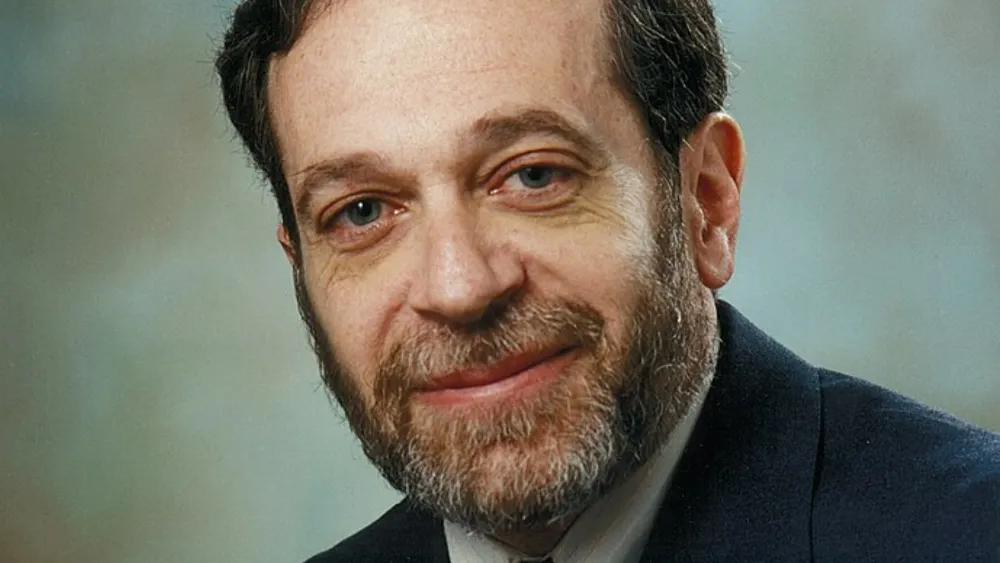The dedication of Robert Reich to liberal principles and economic justice is founded in his life’s events and intellectual development. His tenacity in upholding these principles in the face of adversity is a testament to his unrelenting commitment to society’s advancement.
We will better understand how Robert Reich’s views continue to affect contemporary conversations on economic policy and social justice.
Reich’s impact reaches people and communities worldwide through his academic works, public service, media appearances, and titles and positions.
Early Influences and Political Engagement
Born in Scranton, Pennsylvania, on June 24, 1946, Robert Reich grew up in a middle-class household that emphasized education and volunteer work. His upbringing and his parents fostered in him a feeling of civic duty that would subsequently guide his job decisions. In order to further his education, Reich attended Dartmouth College. It is where he graduated with a Bachelor’s degree in 1968.
Reich’s family and the divisive political climate of the 1960s and the early 1970s impacted his commitment to progressive causes. His involvement in social and political movements was active. These interactions profoundly affected his worldview and ignited a passion for social justice. Afterwards, this experience became a guide to his future endeavours.
Young Reich was intellectually curious. He used his law, philosophy, and economics training to examine social and economic issues. These problems came with various disciplinary perspectives. His work is known for its multidisciplinary approach. Therefore, it enabled him to present novel viewpoints and ground-breaking answers to some of society’s most serious issues.
Exploring the Academic Impact of Robert Reich
Robert Reich has dedicated his academic career to studying the relationship between economics and social policy. After earning his law degree, he taught at Harvard Law School and the John F. Kennedy School of Government.
His ground-breaking studies and original ideas on income inequality and the influence of politics on economic outcomes quickly attracted attention.
His 1991 book “The Work of Nations” is regarded as one of Reich’s most influential works on economic theory. He made the case that countries must promote education and skill development. In addition, he invests in human capital to stay competitive in an increasingly globalized world.
In the twenty-first century, as economies change due to technological breakthroughs, this concept has gained even greater relevance.
Robert Reich on his Dedication to Government
When Robert Reich entered the Carter administration in 1977 as an aide to the United States Solicitor General, it was clear that he was committed to serving the public good. However, it was not until the Clinton era that he became well-known.
Reich was one of the longest-serving Secretaries of Labor for the United States from 1993 until 1997. During his time in office, he promoted laws that would increase the minimum wage. He advocates for workers’ rights and improves workplace security.
Reich became a significant player in the Clinton administration and cemented his position as a progressive leader due to his support for labour rights and the welfare of American workers.
His work on the Family and Medical Leave Act and the promotion of projects for apprenticeships and job training showed his dedication to finding solutions to the American workforce’s problems.
A Future Perspective
Robert Reich is a passionate proponent of a more just and equal society, even as the problems of the twenty-first century keep changing. Yet, his perspective goes beyond economics to include bigger societal challenges. These include healthcare, education, and climate change.
Hence, Reich is committed to building a society where everyone has the opportunity to succeed. He believes that to achieve this, there should be strong social support systems. It should also include a quality public education system, and a fair tax system in place.
His works offer hope for people who want to see a more inclusive and compassionate world in an era of widening economic and racial divides. So, his commitment to addressing structural injustices inspires young and seasoned activists.
Advocacy and Media Presence
Robert Reich is highly recognized for his media presence, advocacy work, and academic and political positions. Thanks to his regular comments on television, radio, and print media, he has a platform to share his thoughts and interact with a large audience. He has constantly advocated for laws that support economic equity. Robert also talks about equal opportunity, and social cohesiveness in his books, op-eds, and public speeches.
Reich is a skilled communicator who bridges the gap between scholarly work and the public. He did this by simplifying difficult economic issues into comprehensible words. Therefore, his talent for narrating stories and personable demeanor have won him a devoted following of people. These followers were eager to learn more about the economic forces influencing their lives.

Robert Reich and his Impact Beyond Borders
The legacy of Robert Reich goes well beyond academic and government work, significantly influencing the general population and how we approach important societal challenges.
His unwavering support for social justice and economic fairness has garnered supporters in the United States. Moreover, it also caught the attention of other progressive nations. By bridging the academic-public knowledge gap, Reich has a wide-reaching impact beyond conventional boundaries.
Reich’s exceptional ability to demystify difficult economic ideas and communicate them clearly and sympathetically is one of the fundamental aspects of his influence.
Because of this talent, he has become a respected pundit and teacher who inspires people from all walks of life to address social justice, income disparity, and economic policy.
Vision for a Better Society
Robert Reich’s life and career illustrate the lasting impact of one person’s ideas. It stemmed from his middle-class upbringing, perseverance, and unwavering belief in a better society.
Moreover, his unwavering dedication to campaigning, education, and creative media involvement inspires us. It encourages people to stay motivated despite the enormous issues brought on by economic disparity.
For generations, his impact will likely continue influencing the public conversation. It is safe to say that it’ll inspire the quest for a more just and equal society.











